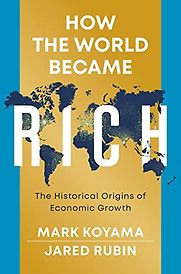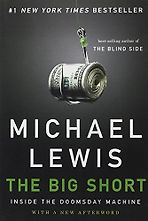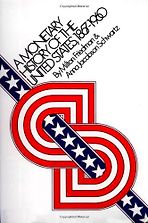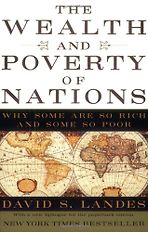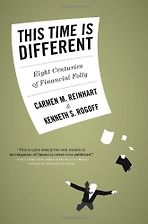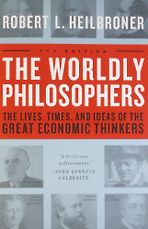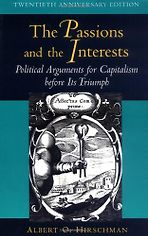How the World Became Rich: The Historical Origins of Economic Growth
by Jared Rubin & Mark Koyama
We take economic growth and its benefits for granted. But until about 300 years ago the very idea was non-existent. It was only with the commercial and industrial revolutions in Europe that economic growth began to be observed. Subsequently it has spread to most, but not all, areas of the world, transforming the planet and the lives of those who live on it.
In this book Koyama and Rubin explore the various theories that have been put forward to explain why modern economic growth happened, rooted variously in geography, politics, culture, demography and colonialism. They conclude that there is no killer recipe and that a society’s institutions and culture always play a role. A great summary of the thinking and analysis that has gone into this area; you can save yourself a lot of reading through this book.
Recommendations from our site
“This book is perhaps the first book to extensively survey recent trends in the economic history academic literature. Over the last 20 years, as I noted above, economic history has become more aligned with economics, and particularly its empirical econometric tradition. Economic historians have become more like empirical microeconomists, using historical data to create ‘natural experiments’…That spawned a new wave of literature over the following two decades, of which this book by Koyama and Rubin is really the most accessible and comprehensive introduction…So I think that this book is something incredibly novel in the economic history literature. While the discipline has always been in the vanguard of using quantitative methods to study the past, most works have relied upon earlier research, and few recent books have the ecumenical scope that How the World Became Rich does.” Read more...
The Best Economic History Books of 2022
Davis Kedrosky, Economist
“This is effectively a readable textbook…Rubin and Koyama synthesize all this literature and discuss five major ways to explain the Great Divergence: geography, demography, imperialism, culture and institutions. Both authors are really interested in culture and institutions, which has received a lot of emphasis in the newer work that they survey. They categorize many different books and papers that have been produced by economic historians using this highly empirical, what I call the ‘natural experimentalist’ method. The methodology is inspired by randomized controlled trials in medicine” Read more...
The best books on The Great Divergence
Davis Kedrosky, Economist
Our most recommended books
-

The Big Short: Inside the Doomsday Machine
by Michael Lewis -

A Monetary History of the United States, 1867-1960
by Anna Schwartz & Milton Friedman -

The Wealth and Poverty of Nations
by David S Landes -

This Time Is Different
by Carmen Reinhart & Kenneth Rogoff -

The Worldly Philosophers
by Robert L Heilbroner -

The Passions and the Interests
by Albert Hirschman
